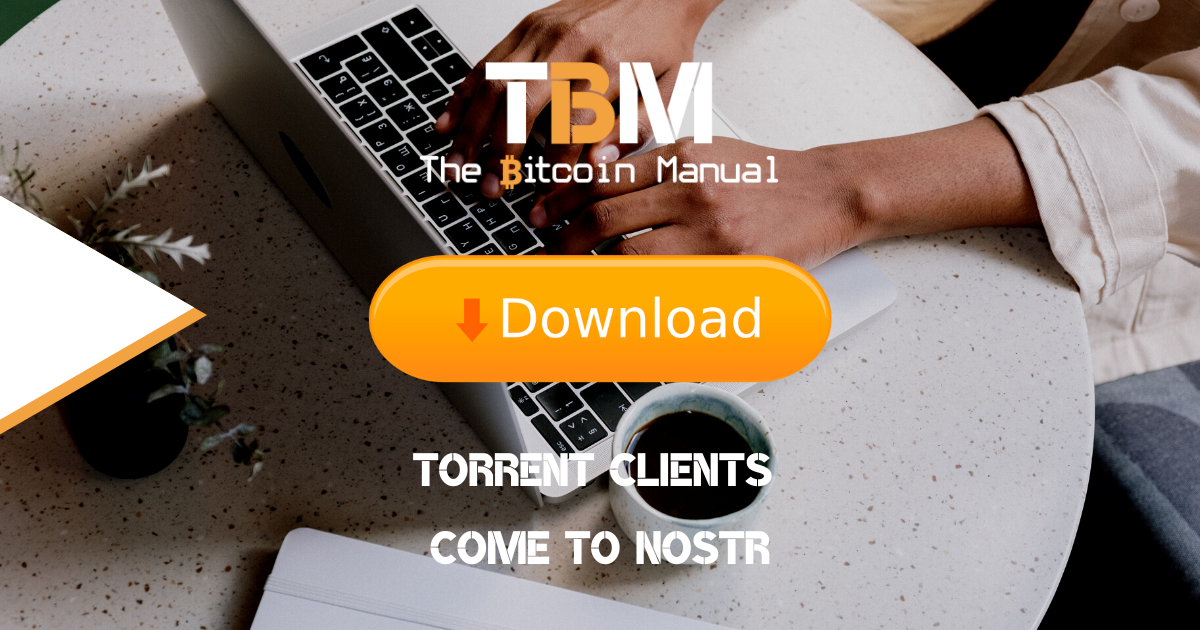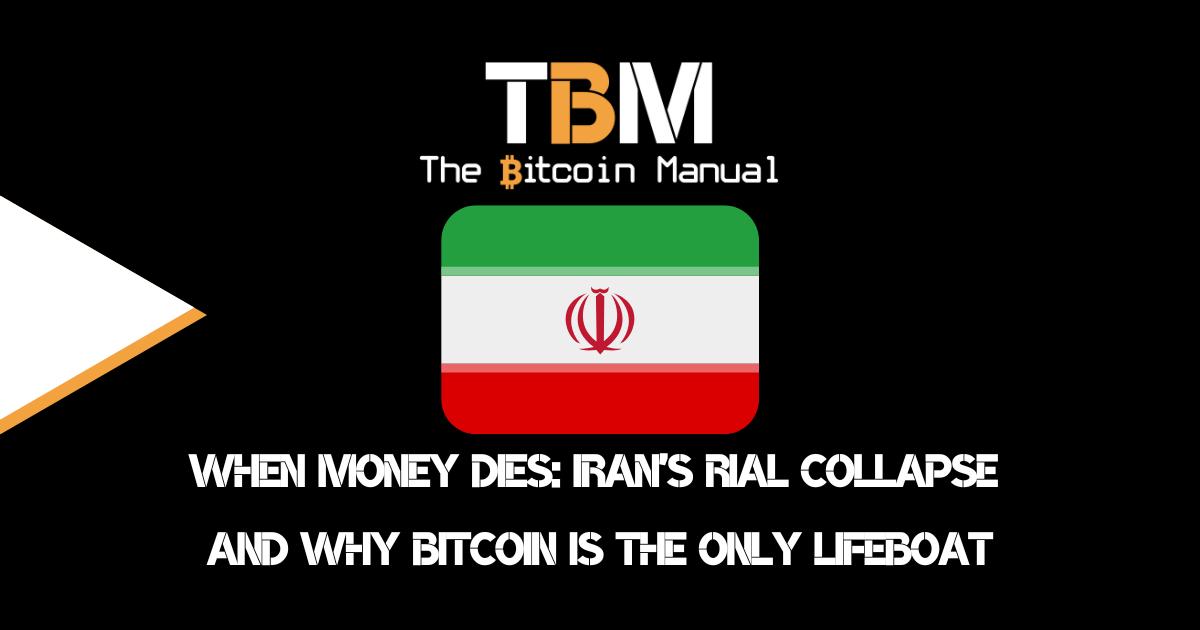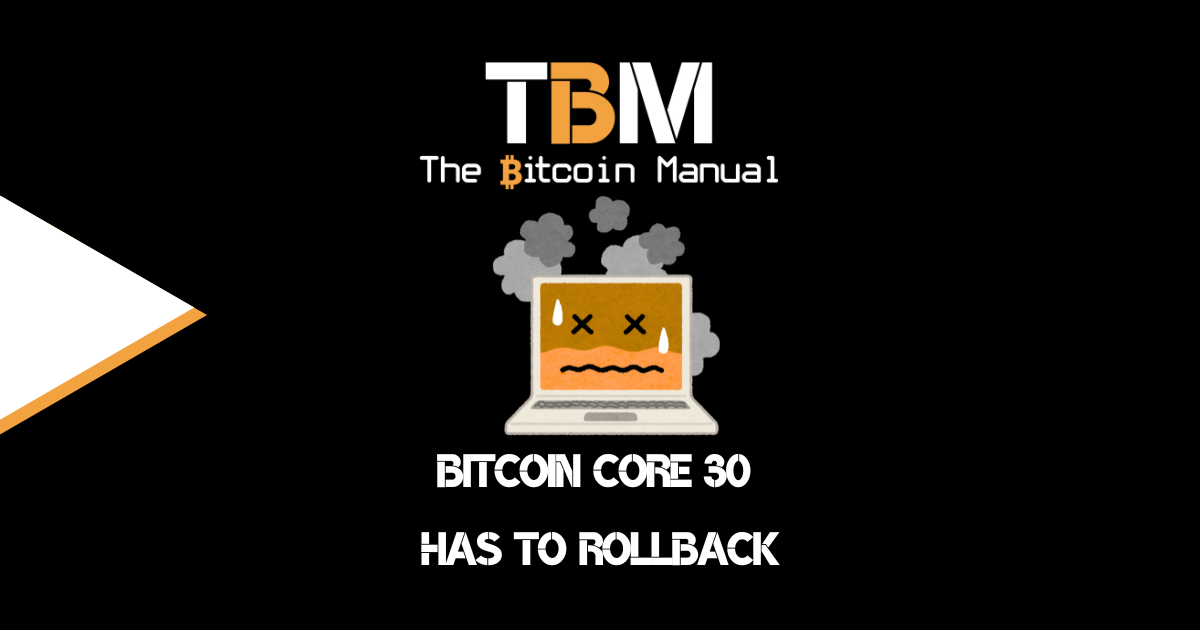Online file sharing is nothing new; it is basically what the internet is designed to do, democratising access to information through a globally accessible network.
And Boy, we have a lot of access now.
With faster bandwidth and more people contributing to the internet daily, there’s an overwhelming amount of files available if you know where to look.
Suppose you’ve spent any amount of time looking for media or software online. You’re likely to end up at a torrent site where people who are interested in the same content or interests are willing to share their files with the general public.
Torrenting allows users to access a vast library of digital content for free, including movies, music, games, software, and more. This eliminates the need to purchase individual files, deal with subscription services, or have a constant internet connection to use the media or software, making it a desirable option for budget-conscious users.
Torrents can be used to host any files for free access, like your creations such as videos, guides, books, courses and software. However, the general public primarily recognises it as a method of pirating content or getting around manufacturer restrictions.
What are torrents?
Torrents are a method of distributing files over the internet, with the intent of free and open access. Instead of downloading a file from a single provider, torrents operate over the BitTorrent protocol to facilitate peer-to-peer (P2P) file-sharing, meaning you could be downloading the file from one user or many users, all making the file available for download. When you download files using a torrent you receive it in bits and pieces from the various seeders.
Torrents aren’t inherently dangerous to use or create, but it’s important to remember that you need to trust the source to avoid accidentally downloading files that weren’t uploaded with the proper legal permission or even downloading files infected with malware.
Why are Torrents always under attack?
The most common reason for attempts to shut down torrents is the widespread use of the platform for sharing copyrighted material without permission. This includes movies, music, games, software, books, and other intellectual property. Copyright holders argue that this unauthorised distribution harms their business interests and undermines their ability to profit from their creations.
Brands often see the cost spent on playing wack-a-mole on Torrent sites as worth it, even if it can never be completely wiped from the internet.
By limiting access to free alternatives, copyright holders can potentially increase their revenue from legal sales and rentals. This raises concerns about the potential stifling of innovation and the suppression of new technologies that could offer more accessible and affordable ways to consume digital content.
Loss of revenue
Copyright holders claim that torrenting leads to significant losses in revenue. Users who can access free content are less likely to purchase it through “legal” channels. This, in turn, reduces profits for content creators and distributors, impacting their ability to invest in new productions and maintain existing services.
Censorship
Governments and other institutions sometimes attempt to shut down torrents to censor content they deem undesirable. This can include content that is politically sensitive, religiously offensive, or considered harmful to public morals. By blocking access to such content, these entities aim to control the flow of information and limit exposure to potentially controversial or subversive material.
Network congestion
Torrenting can generate significant network traffic, contributing to congestion and slower internet speeds for all users. This is particularly problematic for internet service providers (ISPs), who must invest in additional infrastructure to handle the increased demand. In some cases, ISPs may choose to throttle or block torrent traffic to manage congestion and ensure adequate bandwidth for all users.
Security concerns
Torrenting can expose users to various security risks, including malware, viruses, and phishing scams. Malicious actors often use torrent files to distribute harmful software that can steal data, damage devices, or compromise user privacy. This can lead to financial losses, identity theft, and other serious consequences for unsuspecting users.
Legal uncertainty
The legal landscape surrounding torrenting is complex and varies significantly between jurisdictions. In some countries, downloading copyrighted material without permission is illegal, while others have more lenient laws or no specific regulations. This uncertainty creates confusion for users and makes it difficult to determine what constitutes legal and illegal activity.
Trouble finding Torrents
Once a torrent is live, the .TORRENT file or a hash of the torrent, often called a magnet link is shared with various sites to try and get exposure to those looking for this file. A magnet link acts as a fingerprint specific to that torrent and is the way to identify the torrent on the BitTorrent network without dealing with a TORRENT file.
Magnet links and TORRENT files are then listed on torrent indexes, sites explicitly built for sharing torrents.These websites rely on central servers to track and index all the magnet links. This centralised architecture presents numerous drawbacks, including vulnerability to censorship, single points of failure, and potential privacy concerns.
Dtan, on the other hand, operates entirely on the decentralised Nostr network, with these events hosted on multiple relays worldwide. This means there are no central servers to seize or shut down, making Dtan highly resistant to censorship and interference.
Torrent libraries can now be created over nostr relays, and the files sit on the existing torrent network. Nostr only provides a more robust way of creating and storing indexes of these lists of files, making it easier to recover and for users to discover stuff.
A note for those using DTan
If you’re looking for the simplest experience, there is a website hosted at dtan.xyz, where you can browse listed Torrents for download based on the various users who have broadcasted events. This is just one front end, which can be taken down, but the events remain on Nostr relays, so they can be added to any client.
If you want to get involved in DTAN, from a hosting perspective, you will need to be familiar with Docker or run a personal server that uses Docker. But this could become easier with packages created for popular Bitcoin nodes and home server instances like Umbrel or Start9 to include, making it easier for individuals to support DTAN and further increasing the decentralisation of torrents over Nostr.
When adding Torrents events to your Nostr account, those events will be tied to you, and if you’re using personally identifiable information like your real name or you somehow dox yourself, all those Torrents can be linked back to you.
If you are going to Torrent in a way that may be considered problematic from a legal perspective, you should consider making a new anonymous not account for this type of activity.
Making a market for seeding
DTAN and possible future client support for this type of event is another proof of concept for Nostr that could be refined into a possible monetisable activity for Bitcoin nodes.
Many businesses spend a fortune on hosting and servers to maintain files for the public but could instead use torrents to help distribute large files to help save on their bandwidth costs.
Instead, businesses could look to the community to seed their files in a pay-to-seed model. Brands could put up bounties to seed their files, while Bitcoin and Lightning nodes with additional space to spare could look through those bounties, pick the files they are comfortable hosting, and secure those fees, similar to what is being proposed with BitStream.
Do your own research.
If you want to try out nostr key migration or learn more about them, we recommend checking out the following resources to kickstart your research.
Are you on Nostr?
If you are a Nostr user and want to hang out and chat with us or follow our content on your preferred Nostr front end, feel free to add us using our PubKey below and send us a Zap if you’ve got sats to spare.
npub10mxnle348mzv2dnj0ylgz3zu9gceenc29x9fr4m6mnars66j7vxsnkn8mj
The Bitcoin Manual’s Nostr Pubkey
Please give us your notes.
If you have used Nostr, which client do you prefer and why? Are there any clients that you think deserve mention? Let us know in the comments below.




